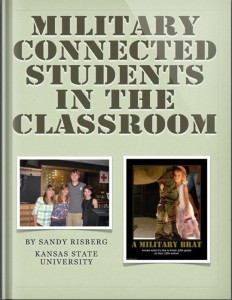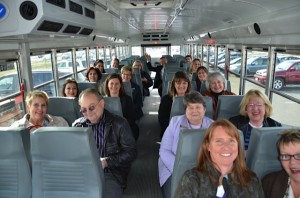
The Colleges of Education and Human Ecology are hosting the K-State Military Education and Family Initiatives Symposium on March 11 at Riley’s Conference Center on Fort Riley. The event costs $15 and includes lunch.
This conference-style event will focus on local school and community partners and the issues related to better serving all military-connected students, including children of military families, veterans, military spouses, etc. Topics such as college and career ready standards, training school counselors, the impact of multiple combat tours on learning, transitioning from soldier to student, financial behaviors of military members, and the impact of trauma and PTSD on spouses and families will be discussed.
The four presenters from the College of Education are Jane Fishback, Ashley Gleiman, Judy Hughey and Sandy Risberg. In addition, there will be a number of subject matter experts from the College of Human Ecology who will also present.
To RSVP by the March 4 deadline and see the program of sessions, please follow the link to https://ksumilitaryed-ops.wikispaces.com.

